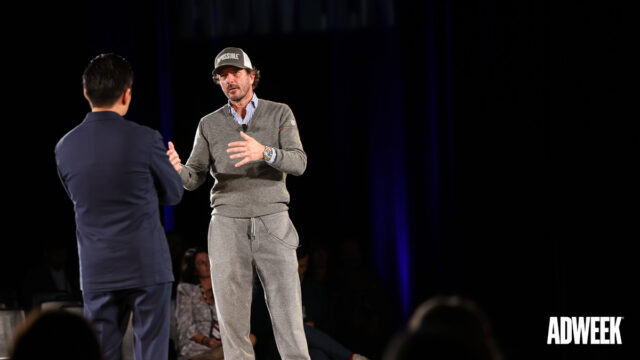Inspiration meets innovation at Brandweek, the ultimate marketing experience. Join industry luminaries, rising talent and strategic experts in Phoenix, Arizona this September 23–26 to assess challenges, develop solutions and create new pathways for growth. Register early to save.
With a hub of companies based in the Silicon Valley, the plant-based meat industry has focused much of its marketing on its futuristic-sounding “food tech” origin story.
But as it turns out, the positioning fell flat with consumers, contributing to a two-year decline in sales as recently reported in Good Food Institute’s State of the Industry report.
Impossible Foods, continuing its bid to win over flexitarians and broaden its audience, wants to shed that science fictionesque label via a new project announced on Earth Day.
The company has taken over a 70-acre farm in South Carolina where it intends to grow the soybeans, sunflowers and coconut trees it uses to make its beef, chicken and pork alternatives.
Impossible execs saw “a need and an opportunity to demystify meat from plants in a way that feels more approachable for consumers,” according to Leslie Sims, the brand’s chief marketing and creative officer.
The brand has rescued some cattle and repurposed the property, sharing the daily happenings on its social media channels. (Consumers can even suggest names for the six resident cows, two steers and one calf).
Impossible Ranch, as the land will now be called, “represents a long-term commitment” to transition a cattle ranch to “make meat the new way” from plants, per the brand.
The project is “a living and breathing educational resource where our commitments to giving back to the planet and supporting animal welfare are front and center, along with the plants representing key ingredients in our products,” Simms said in a statement. “We want to bring consumers along on this journey and help them understand how choosing meat from plants can be a better choice.”
Impossible, which recently went through a packaging and branding overhaul, gave commuters in New York a first sneak peek at the ranch with a media buy in the World Trade Center’s high-traffic Oculus Transportation Hub.


